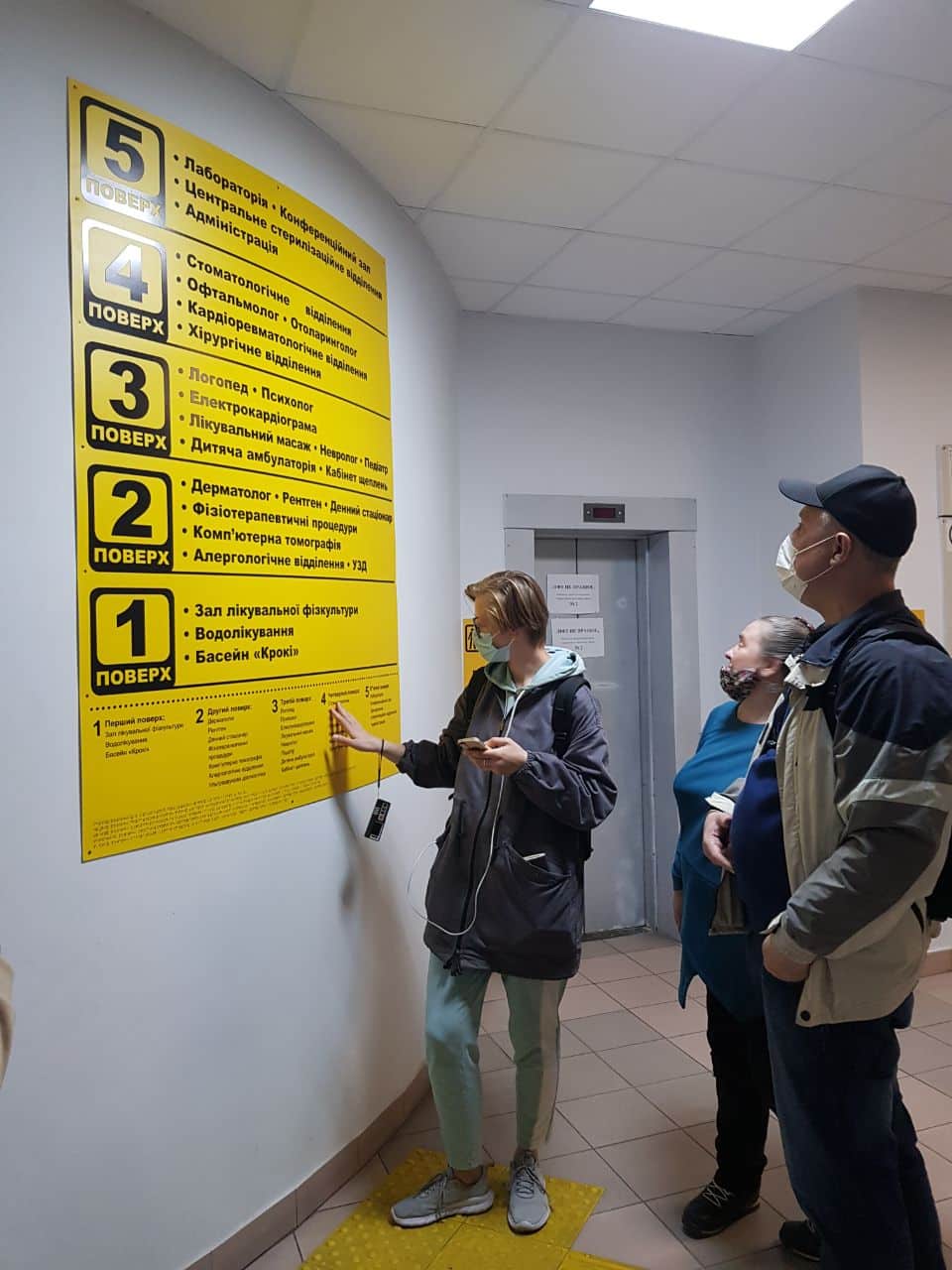
Changes for people with disabilities due to the new mobilisation law in 2024
Ukrainian society is currently experiencing an important moment in its history with the adoption of a new law on mobilisation. This law has become a subject of consideration for many groups of the population, including people with disabilities. Let's take a look at what changes this category of citizens will face in 2024 due to this law.
Right to deferral for carers and families of people with disabilities
It is also important to note that the new law provides for the right to a deferral for persons engaged in the permanent care of people with disabilities. This applies to the wives, husbands, parents, children and guardians of persons declared incapacitated by a court. Such persons will be able to avoid military service for a certain period of time due to their role in caring for people with disabilities.
Cancellation of deferment for certain categories
However, it is worth noting that for some categories of persons, in particular for those whose spouse has a disability of group III, the deferment may be cancelled. This applies to cases where the group III disability is associated with cancer, loss of limbs or other serious health problems.
Verification of the validity of disability
The Government of Ukraine has also decided to pay attention to the validity of disability determinations. In particular, the government will verify the validity of disability for men aged 25 to 50 who were diagnosed with a disability of group II or III after a certain date. This is to ensure the fairness and objectivity of the disability determination process.
Expanding the rights of citizens with disabilities
One of the important innovations of the new law is the expansion of the rights of citizens with disabilities. They now have the right to free access to medical services, rehabilitation measures and social support. In addition, special conditions are created for disabled people to access education and employment.
Creating barriers to discrimination
The new law also provides for
- Raising public awareness. This means conducting awareness-raising activities, training courses, campaigns, etc. to help people better understand the rights and needs of people with disabilities.
- Ensuring equal opportunities. This means creating conditions in which people with disabilities have the same opportunities for education, employment, access to services and participation in public life as all other citizens without disabilities.
The three main changes are.
1. The disability group of a spouse was separated from the disability group of parents. Previously, this caused controversy and different practices in the implementation of the rule in different TCCs.
2. Another ground was added - the presence of a spouse with a group III disability, but with serious and clearly defined illnesses, which allows for a fair approach to the issue of deferral.
3. Specify the conditions for granting deferment to persons liable for military service who, although not related to each other, care for a person with a disability.
This should help prevent abuse in cases where an unlimited number of persons liable for military service cared for one person with a disability and received a deferral from conscription on this basis.
Thus, the new law on mobilisation in Ukraine in 2024 has significant changes for people with disabilities. It provides for a deferral of military conscription, consideration of the specifics of caring for disabled people, verification of the validity of disability, expansion of the rights of citizens with disabilities and combating discrimination. These changes are aimed at ensuring fairness and protecting the rights of this vulnerable category of citizens. It is necessary to study and take into account specific situations in more depth to ensure that these norms function as effectively as possible in practice. In addition, it is important to emphasise the need for ongoing monitoring and analysis of the impact of these changes on the lives of people with disabilities in order to further improve legislation and social programmes.



